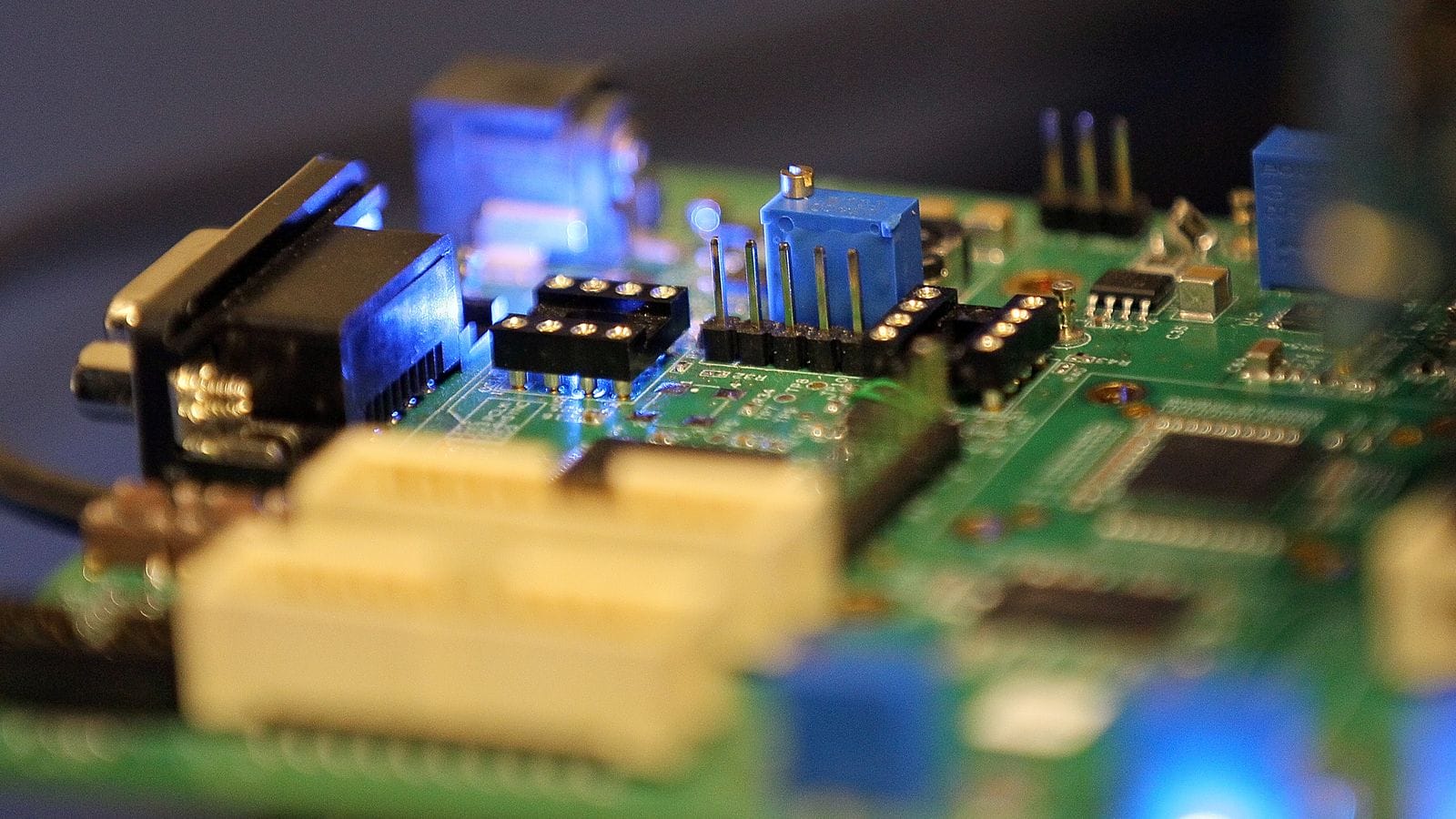Justin Sullivan via Getty Images
Ronald J. Hansen
Arizona Republic
Both of Arizona’s U.S. senators used talks to avert a government default to push to fast-track environmental studies and overhaul electricity rules that affect major manufacturing projects such as the semiconductor plants underway in Arizona.
The resulting agreement between the White House and House Republicans last weekend would make only modest changes to government studies for now, but the negotiations offer a measure of momentum on issues of rare common ground.
If adopted at some point, the changes discussed could help ensure eligibility for billions of dollars in federal funding for Arizona projects like those involving the Taiwan Semiconductor Manufacturing Company and Intel, which are among the most significant high-tech manufacturing expansions in the nation.
Working in tandem to achieve the same ideas, Sen. Mark Kelly, D-Ariz., sought to keep intact the bipartisan coalition in the Senate that passed a law to boost domestic production of such projects while Sen. Kyrsten Sinema, I-Ariz., helped keep the various parties in the House, Senate and White House negotiating on changing permitting rules.
Facing a June 5 deadline to avoid a default that many economists fear could trigger a global financial crisis, the tentative deal hammered out over the weekend involving the White House and House Speaker Kevin McCarthy, R-Calif., didn’t focus on all the matters raised by Kelly or Sinema.
But the final deal did include an electrical transmission line study pushed by Sinema.
The House was expected to vote on the package Wednesday and the Senate could take action by Friday.








